This glucose-lowering diabetes drug may have therapeutic benefits and clinical utility for people with reproductive dysfunction.
Infertility is generally defined as when a couple are unable to achieve a pregnancy after 12 months of unprotected sexual intercourse.1 In Australia, approximately 1 in 6 couples of reproductive age face fertility problems – of which 2 in 5 are a sperm issue, and 2 in 5 are due to a problem with the woman’s reproductive system.1
There are many causes of infertility. Sometimes it may be due to a combination of factors, or there will be no apparent cause that can be identified.1 The treatment for infertility is highly specialised and dependent upon the cause.2 Some common medicines used in infertility treatment include gonadotrophins, GnRH agonists, GnRH antagonists, clomifene, letrozole, metformin and progesterone.2
Lifestyle factors can also impact fertility. Maintaining a healthy lifestyle and modifying some lifestyle factors – for example, ceasing tobacco use, moderating alcohol intake, and maintaining a healthy body weight (BMI of 18.5–25 kg/m2) – may help to restore fertility. However, the impact of lifestyle factors is mostly examined through observational studies, making it difficult to control for potential confounding factors.3
For instance, reduced fertility and issues with ovulation are observed in people with overweight and obese BMIs.3 This may be due to metabolic changes causing insulin resistance and hyperinsulinaemia, leading to downstream impacts on hormone production to alter hypothalamicpituitary and ovarian physiology, which causes anovulation. Hyperleptinemia (excess leptin) may also contribute, not only to insulin resistance, but also to directly impair the function of the ovaries.3 Unfortunately, while these impacts are observed in epidemic studies, the task of finding an effective and targeted treatment remains.4
Similarly, the impact of BMI on semen parameters has been conflicting, and how weight loss impacts on semen parameters and pregnancy rates have reportedly not been studied in humans.4
However, recent mice studies with dapagliflozin may be a promising step forward in the space. Dapagliflozin is a sodium-glucose co-transporter 2 (SGLT2) inhibitor used for management of type 2 diabetes due to its effects in increasing glucose excretion in urine by reducing glucose reabsorption in the kidneys. It has reportedly been found to normalise disordered insulin and GH profiles in a male rodent model of obesity.4 Following on from this finding, researchers from the same laboratory then published a study recently which evaluated the impact of dapagliflozin treatment for 14 weeks in female melanocortin-4-receptor knock-out (MC4R KO) mice.4 The MC4R KO mouse is a rodent model of over-eating obesity, and reportedly experiences irregular reproductive cycles, fewer ovulations, and reproductive hormone disturbances leading to progressive infertility.4 The control groups were wild type mice (i.e. the “normal” type commonly found in natural populations) and MC4R KO mice which did not receive dapagliflozin.4
Dapagliflozin-treated MC4R KO mice experienced improved glucose tolerance and partially recovered ovulation, GH and LH secretion. The mice also recovered estrous cycles (similar to the human menstrual cycle) to a pattern similar to the wildtype mice, and increased expression of hypothalamus–pituitary genes. Dapagliflozin may improve ovulation rates in the mice due to gene expression in the hypothalamus and pituitary that recovered LH and GH profiles, the authors concluded.
These very early results from mice studies are certainly encouraging. The findings show a need for more work to understand the mechanism underpinning the proposed therapeutic benefits and clinical utility of dapagliflozin and SGLT2 inhibitors for reproductive dysfunction and infertility. For now, they may offer some hope for people with obesity who are grappling with fertility issues.
References
- Healthdirect. Infertility NSW: Healthdirect; 2020
- Australian Medicines Handbook. Australian Medicines Handbook – Infertility: Australian Medicines Handbook Pty Ltd; 2022.
- Hornstein MD, Gibbons WE, Schenken RS. Natural fertility and impact of lifestyle factors. 2022. In: UpToDate [Internet]. Woltham (MA).
- Cui L, Tan C, Huang L, et al. Dapagliflozin partially restores reproductive function in MC4R KO obese female mice. J Endocrinol 2022;254(2):65–76.
ASSOCIATE PROFESSOR ESTHER LAU BPharm (Hons), PhD, GCResComm, GradCertAcadPrac, SFHEA, AFHEA (Indigenous), MPS is Acting Head of Discipline (Pharmacy) at the Queensland University of Technology (QUT).
PROFESSOR LISA NISSEN BPharm, PhD, FPS, FHKAPh, FSHP is HERA Program Director – Health Workforce Optimisation, Centre for the Business and Economics of Health, University of Queensland.


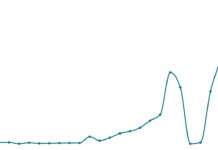
 Professor Anthony Lawler, Australian Government Chief Medical Officer,
Professor Anthony Lawler, Australian Government Chief Medical Officer, 
 This CPD activity is supported by an unrestricted education grant by Reckitt.[/caption]
This CPD activity is supported by an unrestricted education grant by Reckitt.[/caption]
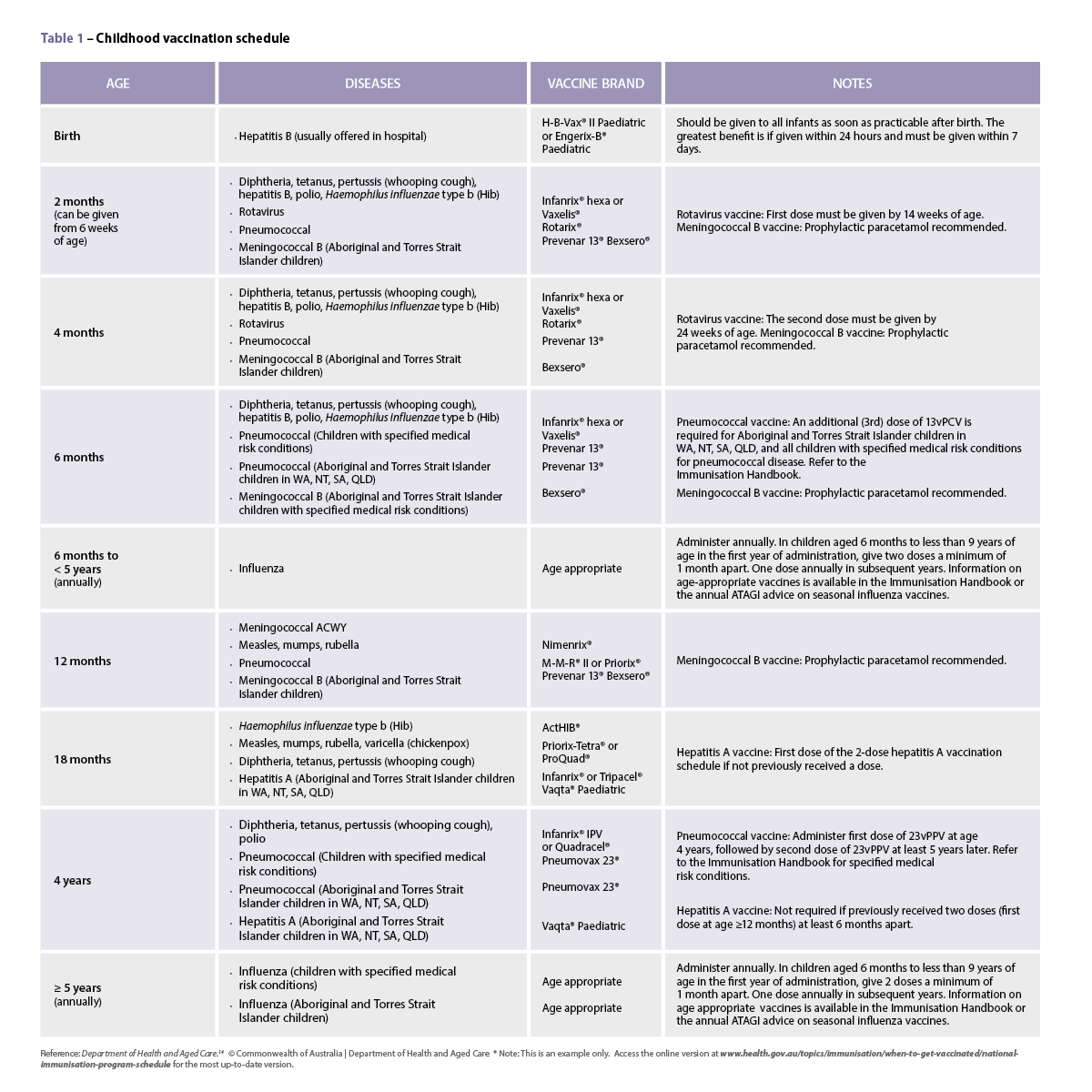 Case scenario
Case scenario
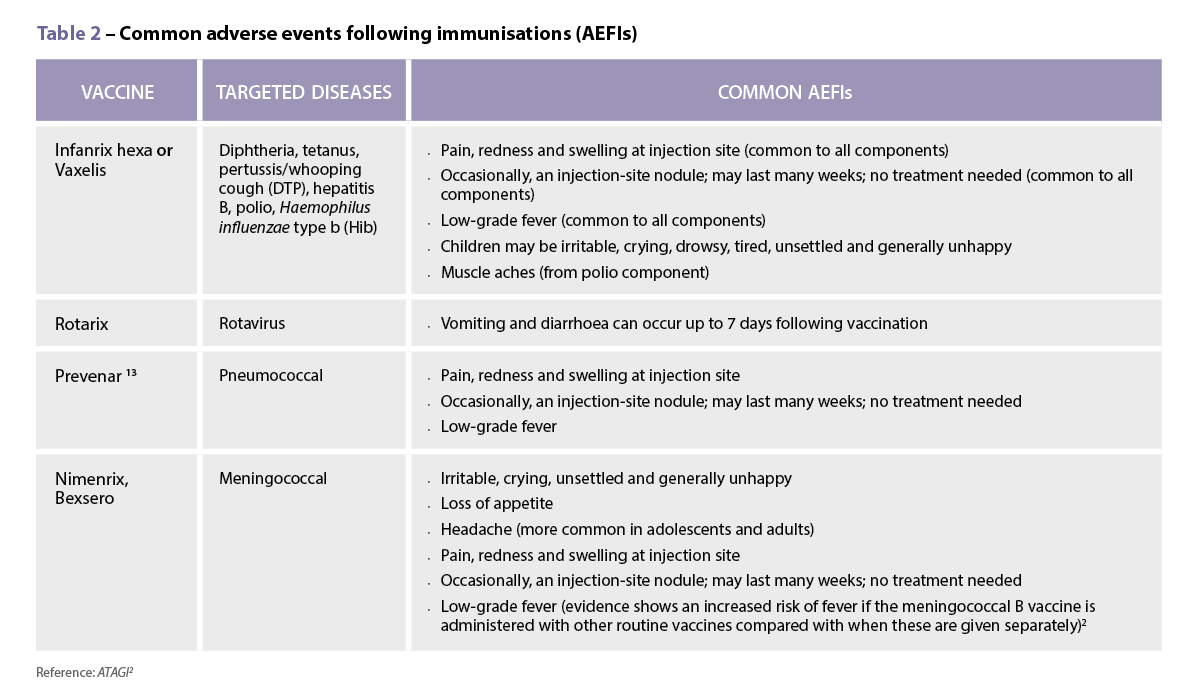

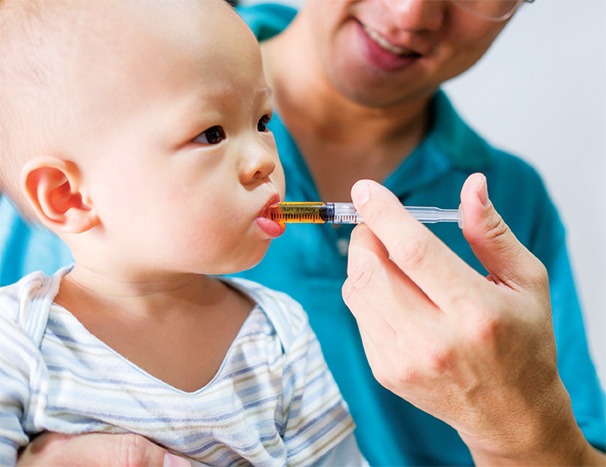


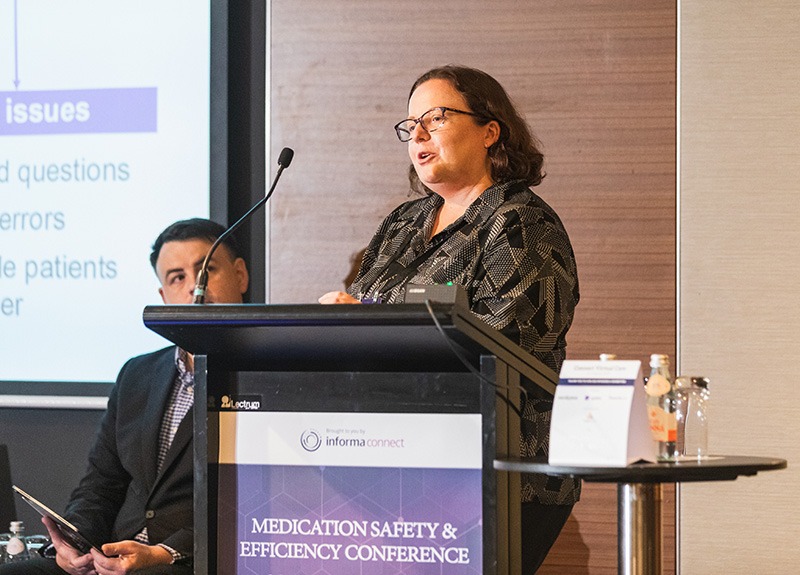 Jess Hadley, community pharmacist and Professional Officer at PDL[/caption]
Jess Hadley, community pharmacist and Professional Officer at PDL[/caption]
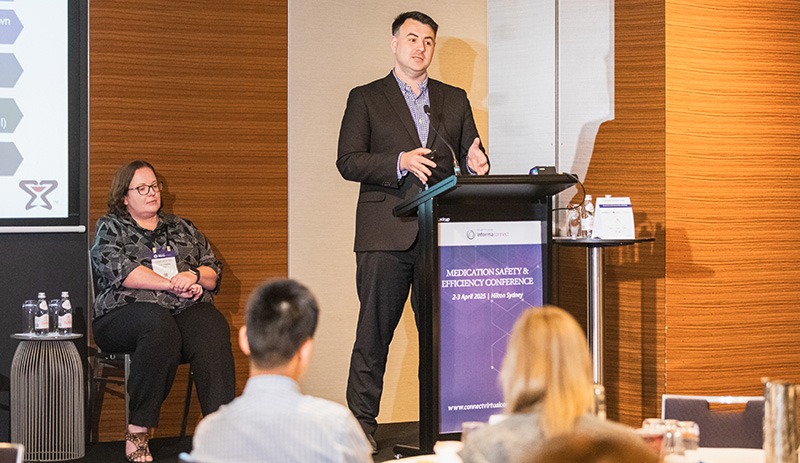 Peter Guthrey, Senior Pharmacist – Strategic Policy at PSA[/caption]
Peter Guthrey, Senior Pharmacist – Strategic Policy at PSA[/caption]








